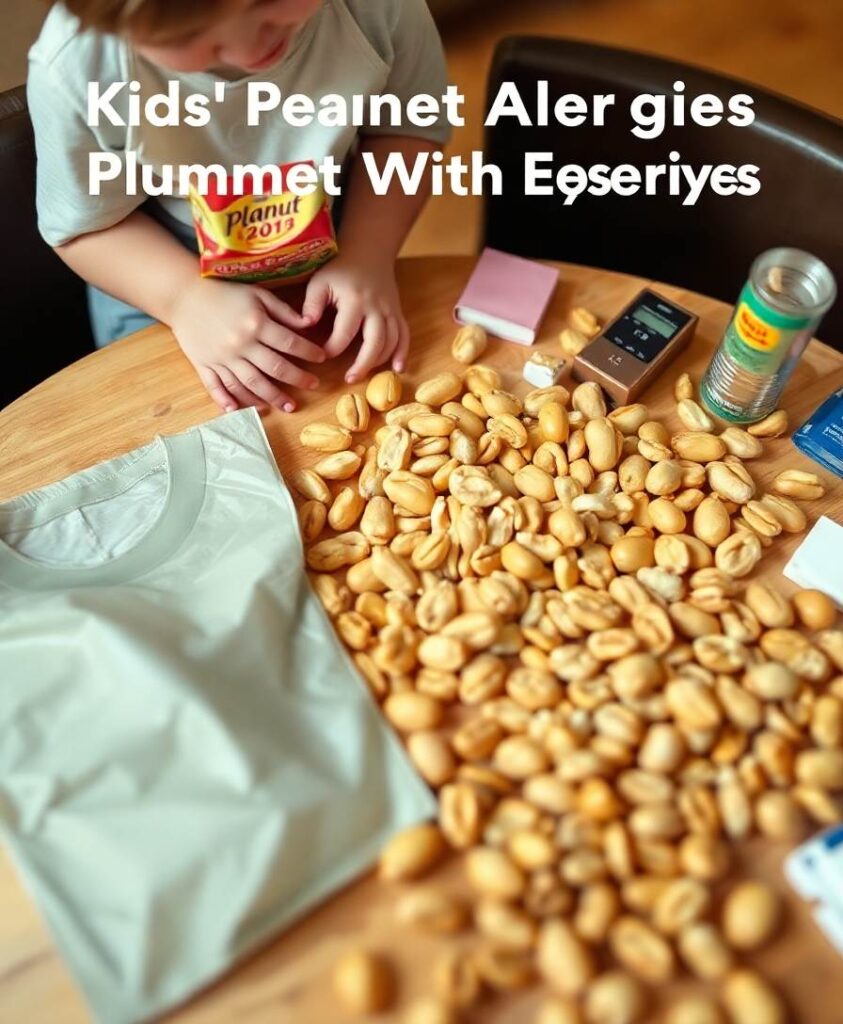Clinical research on skin-delivered immunotherapy has grown from lab observations about how skin immune cells learn to accept or ignore substances. For parents and clinicians, the practical questions are about safety, how large a dose children can tolerate over time, and whether improvements last once treatment stops. This study reports meaningful increases in the number of peanuts tolerated by children who used the patch, and it highlights the careful monitoring and phased testing required when treating young immune systems.

Understanding whether a patch can shift immune responses in ways that support normal childhood development matters for inclusion and equity. Safer, easier treatments could reduce emergency visits, lessen caregiver burden, and allow children to participate more fully in school and social activities. Read the full article to see how this trial measured outcomes, which children benefited most, and what the next steps could mean for expanding access to therapies that broaden opportunity rather than limit it.
Treatment with an experimental peanut protein patch can help young children safely build tolerance to peanuts, a new study says. More than 70% of children treated with the Viaskin Peanut Patch could tolerate at least three to four peanut kernels without a reaction after…


